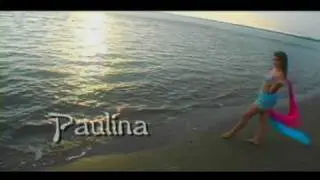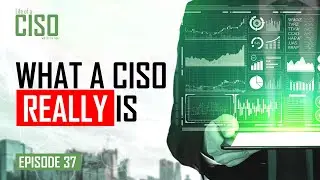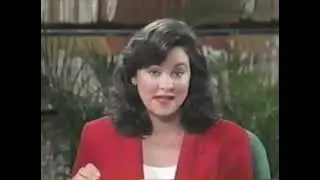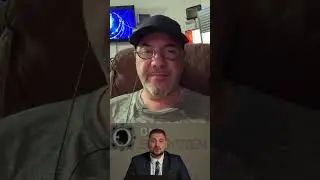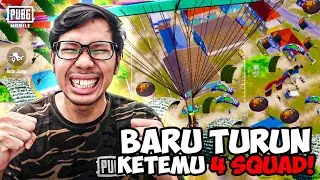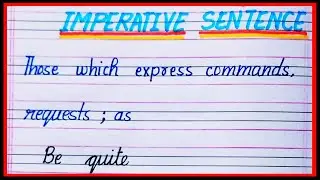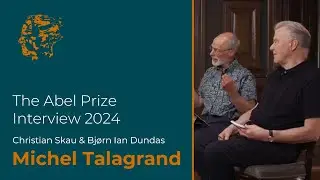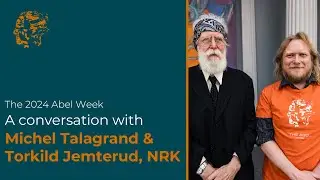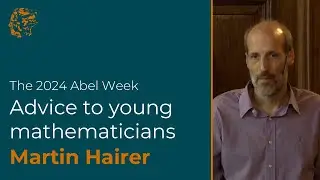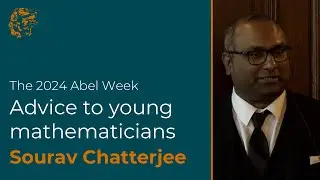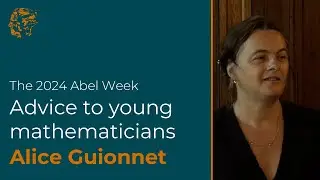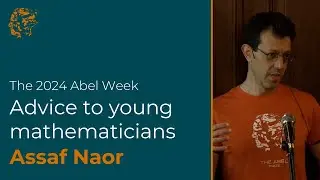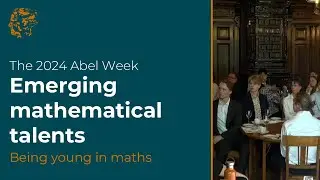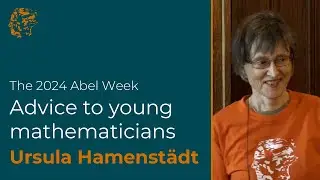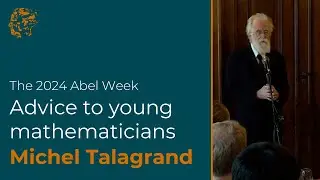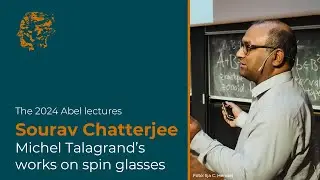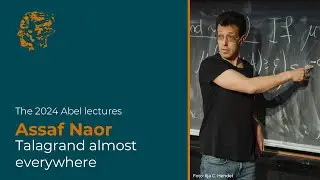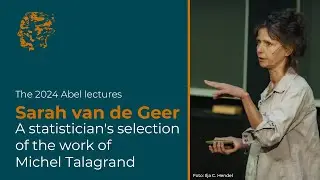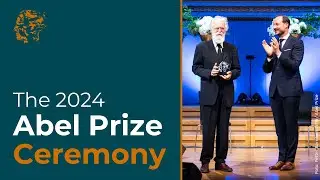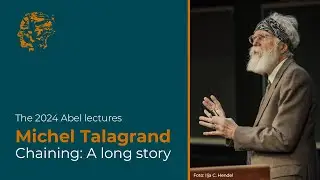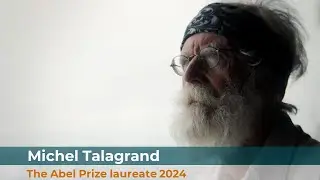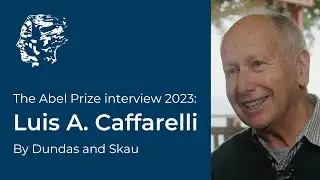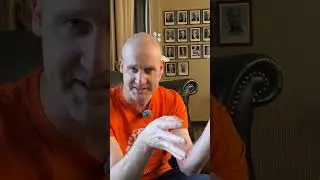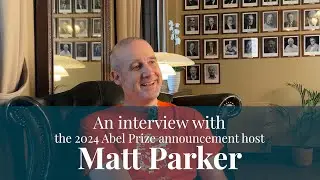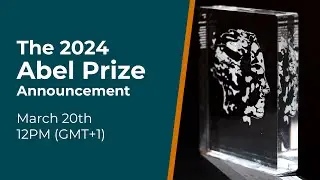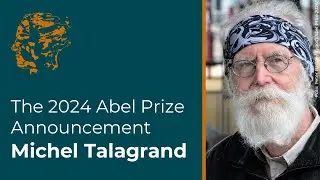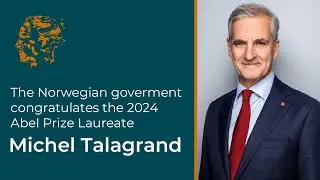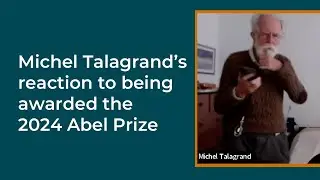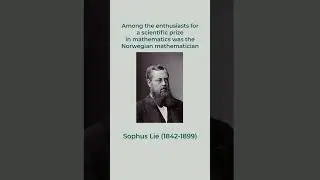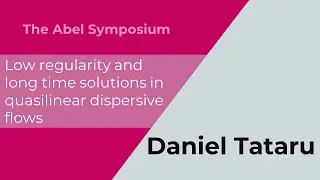Mikhail Gromov - The Abel Prize interview 2009
00:00 ceremonies
01:35 Bourguignon (IHES) on Gromov
06:24 Rademacher & Toeplitz's book
06:40 high school interest in chemistry, Russian problem books, mathematical circle
07:55 Leningrad University, environment
08:30 high intensity, devotion to science, Kolmogorov and Gelfan'd's belief in universality of math.
09:30 talent, "I don't think I'm exceptional"
10:05 why leave the country? if something is prohibited you do it!
10:48 Russian style, schools, education
11:30 Moscow vs Leningrad; Gelfan'd seminar, other seminars (Piatetski-Shapiro)
12:53 Russian vs Western mathematics
13:37 prize for Geometry, highlights in geometry, problem with axiomatics
16:46 novel and original idea in Riemannian geometry
17:30 softening of geometry: inequalities, asymptotics
18:18 can get deep results with this novel approach; influence of Nash, Cheeger, "things are quite simple, right before your eyes if you just ... properly"
19:15 Nash and Smale influence
21:50 symplectic geometry, pseudo-holomorphic curves, Gromov-Witten invariant, Pogorelov on convex surfaces, quasi-analytic functions (Bers, Lipman?), "I don't understand a word"
23:20 result most proud of ? (pseudo-holomorphic curve structure)
23:45 math. and applications, math. biology (hyperbolic groups and cell division)
25:35 believes there's a still unknown mathematical framework yet to be discovered
26:00 PCR explained (Polymerase Chain Reaction)
27:45 recognition by biologists? we ask them questions, sometimes we make them think
28:30 chemical kinetics (of Guldberg, Waage) as example of close collaboration between mathematicians and scientists
29:30 computer graphics, Gromov-Hausdorff distance
32:00 can the mediation between science and mathematics be improved?
32:38 Taddei's educational initiative (biology for non-biologists)
33:55 computers in mathematics; computers as a tool
35:19 underlying philosophy on how to do mathematics; there's no recipe; retain balance between how much you think for yourself and how much you learn from others
36:10 problem-solver vs theory-builder?
36:36 think about math. all the time?
37:00 how many hours per day on math.
37:28 age vs experience
38:00 important things done before age 30 von Neumann had already thought of the ideas I have now, forty years ago
39:32 prizes esp. the Abel Prize;
40:44 thoughts on Abel
41:10 posthumous paper of Abel's - insurmountable problems just need new perspective
42:34 the future of mathematics
44:52 the Earth as we know it on finite time? pessimistic?
47:14 education - minds of gifted youth not developed well enough
49:16 the way we learn is not how we think it works
52:26 how to show that mathematics needs continuing support
54:47 Numbers and Figures (Rademacher, Toeplitz), Courant's What is Mathematics? books on mathematics; writing books is honourable; few can write for general audiences; role of political figures in encouraging math.
Interview in written. Notices of the American Mathematical Society:
https://www.ams.org/notices/201003/rt...
The 2009 Abel interview: Mikhail Gromov
